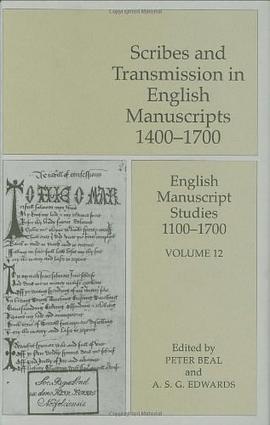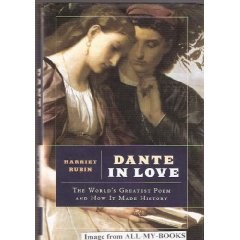

Poetry, argues James Longenbach, is its own best enemy. Examining a wide array of poets, from Callimachus to Louise Gluck, he explains that the resistance to poetry is, quite specifically, the wonder of poetry. Poems do convey knowledge, he suggests, but they do so in forms that continually work against their being facile vehicles for its efficient transmission. In fact, this self-resistance is the source of the reader's pleasure: we read poetry not to escape difficulty but to embrace it. Longenbach makes his case through a sustained engagement with the language of poems. Each chapter brings a fresh perspective to a crucial aspect of poetry (line, syntax, figurative language, voice, disjunction), showing that the power of language depends less on meaning than on the way in which it means - on the temporal process we negotiate in the act of reading or writing a poem. A graceful and skilled study, "The Resistance to Poetry" comes at a crucial time - a time when many people are trying to mold and market poetry into something it is not.
具體描述
讀後感
評分
評分
評分
評分
用戶評價
相關圖書
本站所有內容均為互聯網搜索引擎提供的公開搜索信息,本站不存儲任何數據與內容,任何內容與數據均與本站無關,如有需要請聯繫相關搜索引擎包括但不限於百度,google,bing,sogou 等
© 2025 qciss.net All Rights Reserved. 小哈圖書下載中心 版权所有




















